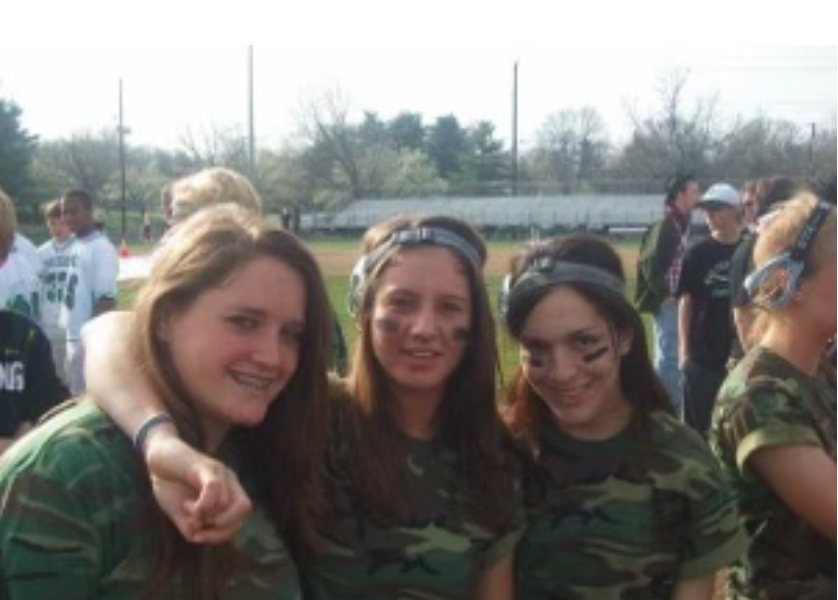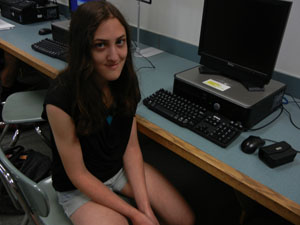Although our individual school’s ecological footprint is only a fraction of the nation’s, WJ staff and students are contributing to environmental health by making efforts to save energy and mitigate pollution.
Perhaps there are inefficient aspects of WJ’s energy use, such as the hundreds of papers printed each day and the Styrofoam dishware in the cafeteria, but our artificial turf, motion sensitive lights, and recycling bins help reduce the school’s carbon footprint. The environmental club, the SERT committee and other groups in the WJ community are working to further reduce the school’s environmental impact and to increase ecological consciousness.
“One of the factors that slowed us down [in] making changes was the renovation,” said Patricia Tierney, AP Environmental Science teacher and sponsor of the environmental club.
Regardless of this, the construction led to energy efficiency in the form of lights that turn off automatically, new heating and cooling systems and toilets that waste less water.
“There could always be an increase in awareness,” said environmental club president and senior Iliana Lang.
Under the direction of environmental club presidents, seniors Iliana Lang and Maya Jordan, the club has ensured that the school has enough recycling bins and is now working on an energy efficiency pledge which they will hand out to teachers. Also, the club participated in the Keystone Pipeline rally in D.C. on Sunday, Nov. 6 and went to the student-run Powershift Conference last April.
Last year, the club sold T-shirts illustrated with the word “recycle” and distributed reusable bags, with the aim of reducing the number of plastic bags that many students haul back from Giant each day. With Maryland’s new 5-cent tax on plastic bags, enacted Jan. 1, Lang hopes students will use fewer plastic grocery bags.
“I think we’re doing a pretty good job… both in recycling and conserving our energy,” said Business Manager Kathy Cosgrove.
Cosgrove helped the environmental club distribute recycling bins and create flyers. She serves on SERT, which inspects schools and outlines improvements they can make. As of October this year, WJ earned an A from SERT on its environmentalism. All schools in the Montgomery County area have SERTs, and other members on this school’s team are Micah Wiggins, John Brooks and Patricia Tierney.
In addition to the efforts currently being made, Cosgrove suggests keeping doors to the outside closed and shutting down all computers and monitors when leaving a computer lab. For students, Tierney recommends recycling more often and walking, carpooling or riding the bus to school. Lang added that leaving Promethean boards on all day is also inefficient.
As for the heavy printing of paper that is commonplace, it can partially be remedied by printing papers back-to-back, recycling the extra papers that are printed or using online hand-in and hand-out trays.
“Little things like that add up,” said Cosgrove.
Unlike it is for teachers, Lang and Tierney observed that being environmentally friendly is not always a priority for students.
“Sometimes [the environment] can become overlooked,” said Lang. “If we’re so busy with schoolwork and other things we don’t always pay attention to it.”
Overall, though, Lang has observed many environmentally conscious students within the WJ community, and her club has ample members for the time being. Cosgrove also noticed this improvement, which she attributes to efforts to publicize environmentally friendly behaviors.
“It helps to have everything out there and easily accessible,” she said.
As with much of this country’s population, high school students often hear of environmental issues without learning nearly as much about what they can do to remedy these problems. Students can then lose interest in being environmentally friendly, because they think the problems are so extreme that they alone cannot make a difference in resolving them.
Overall, for this reason, developing environmentally friendly behaviors and an understanding of the environment can be a challenge for students.
The environmental crisis is pronounced. Greenhouse gases, such as carbon, are trapping heat in the atmosphere, causing global temperatures to rise. Overgrazing and overharvesting of food can destroy soil and decrease agricultural lands. Invasive species and an increase in land development can drive native species extinct. Deforestation is aggravating the greenhouse effect and fossil fuels are not only a source of pollution, but a nonrenewable energy source. With population growth, food and water are growing scarcer.
Still, Lang’s own viewpoint is both hopeful and realistic.
“In this technological age, [the health of the environment] is decreasing, but at the same time we’re having new innovations to repair the damage we’ve done,” she said.
There are also significant improvements being made by some of the same technology that has contributed to pollution. According to livescience.com, experts are researching ways to create oil from any carbon-based wastes, to filter the salt out of ocean water so it can be drinkable, to replace fossil fuels with hydrogen fuel cells, to generate energy from the ocean’s tides, to use microbes and plants to clean up pollution, and to use electronic sheets of paper. These sheets of paper resemble current sheets, but they are made of electronic particles that can form new arrangements and words, like computer screens.
“I’m actually pretty optimistic,” said Tierney. “This [recession] is a great opportunity for people to… engage in more environmentally friendly economic activities.”
However, Lang is concerned that being environmentally friendly is only a current fad, like buying organic food.
“You don’t want it to just be a phase that goes away,” she said.

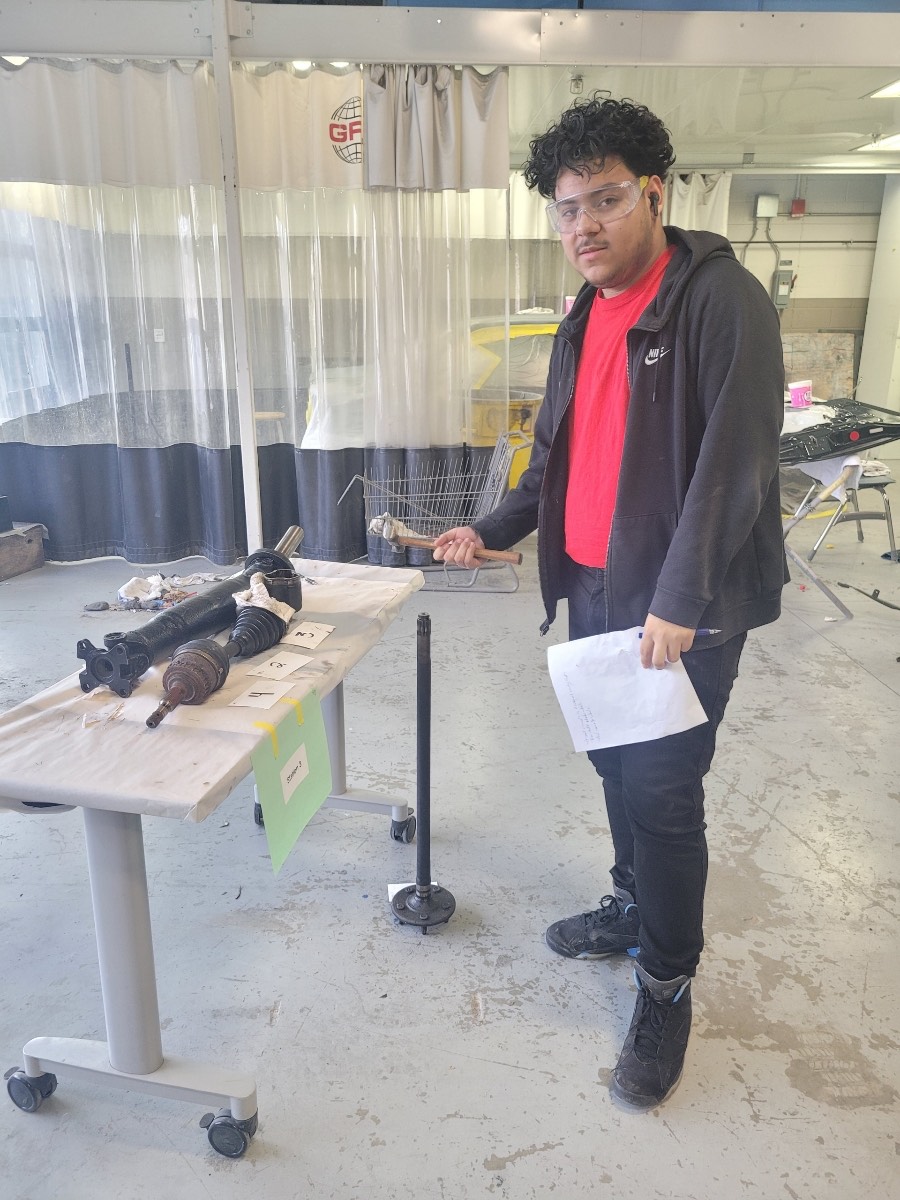


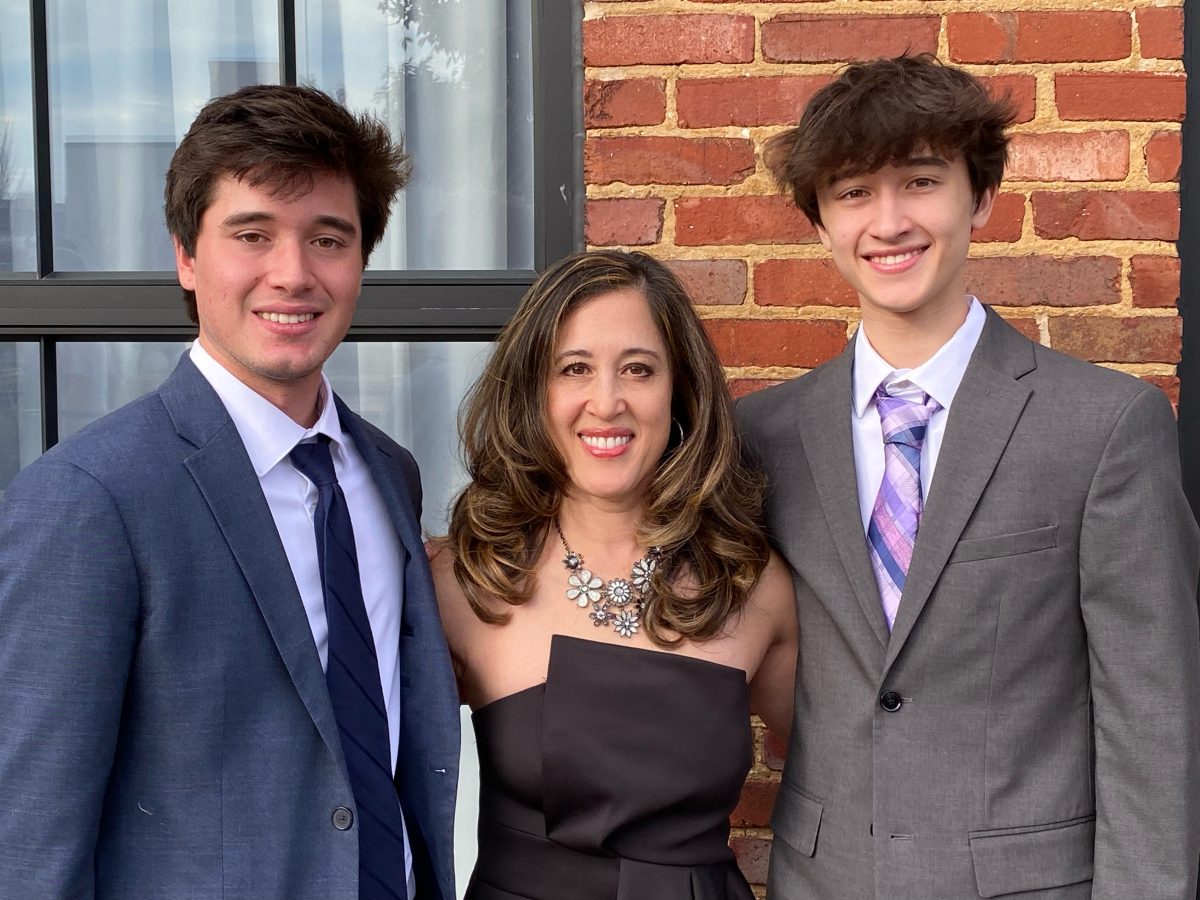
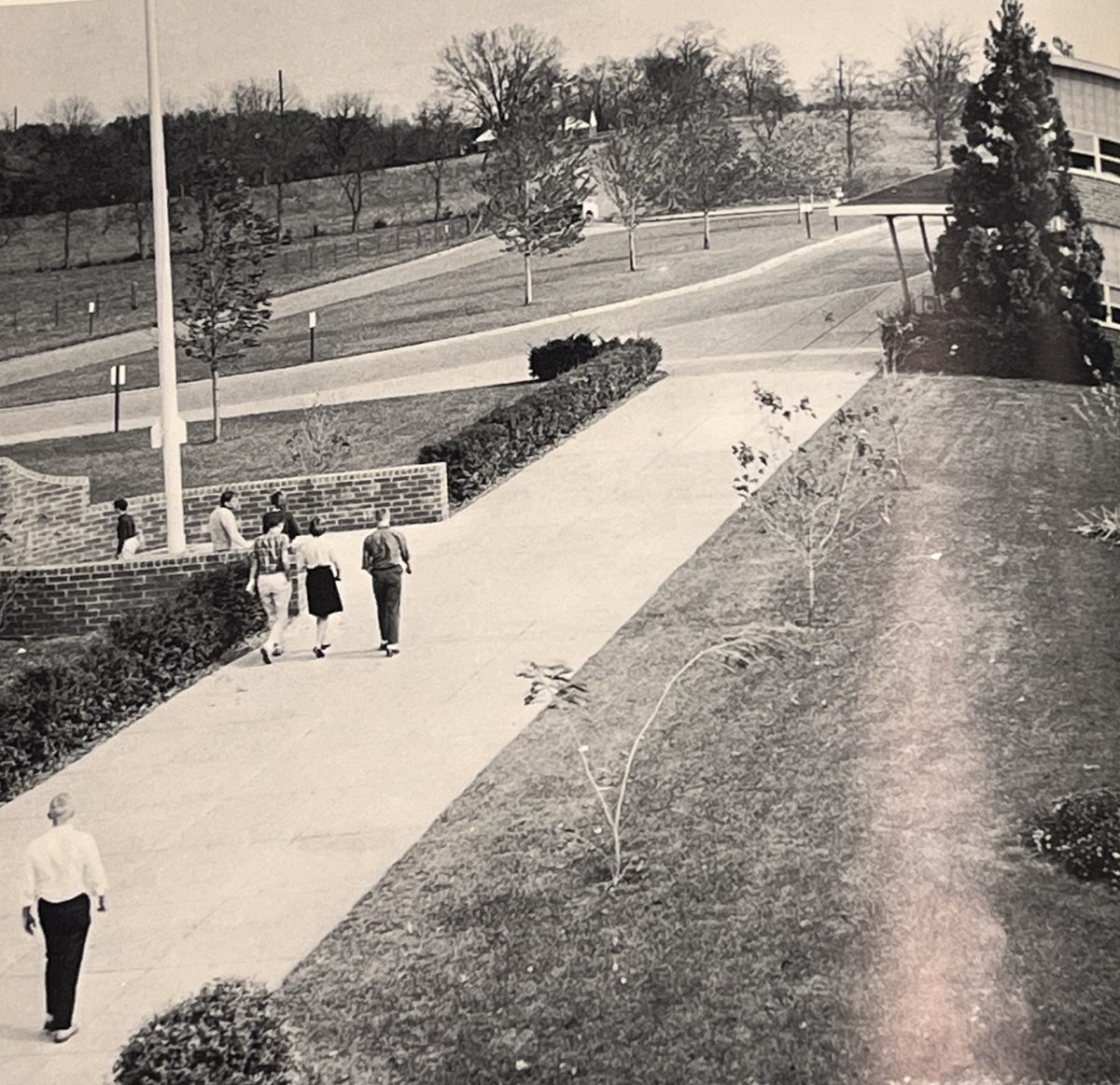
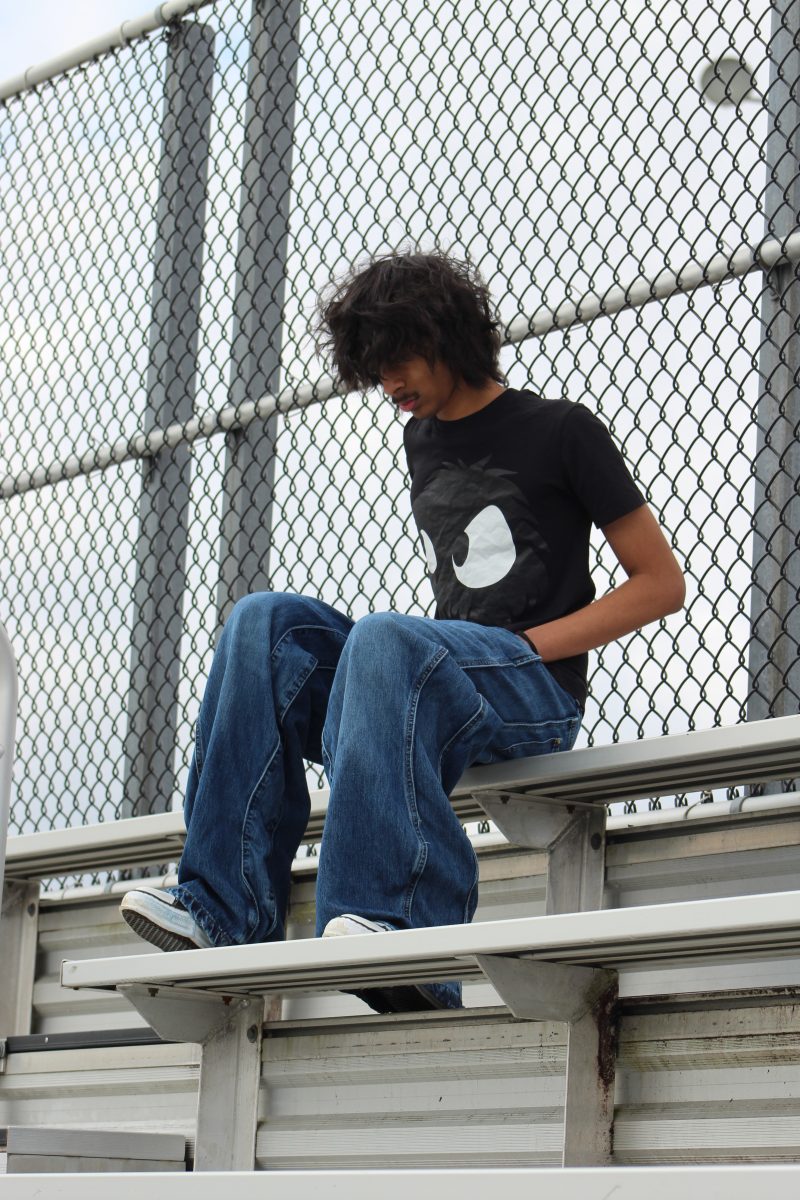
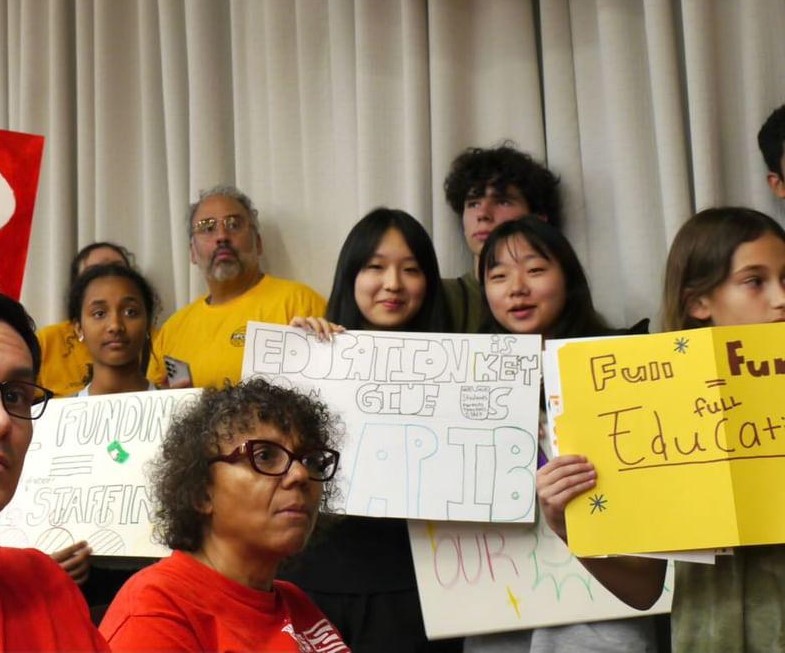
![Senior Tiffany Gibson has dinner with her parents and her nine year old sister. Gibsons family has been her largest source of support throughout her treatment process.
[My dad] helped me through it. He was the one who’d take me to my doctor’s visits, he was trying to make me try to take my medication on time, even though he’d get angry when I didn’t take it. I had to do blood work, so he would always find out. He would always try to get me to take it and remind me, Gibson said.](https://www.wjpitch.com/wp-content/uploads/2023/03/92iA4Tg7fGWMhmk9DKWf7Q6UQQ4p0LYeBobwwvV7-900x672.jpg)
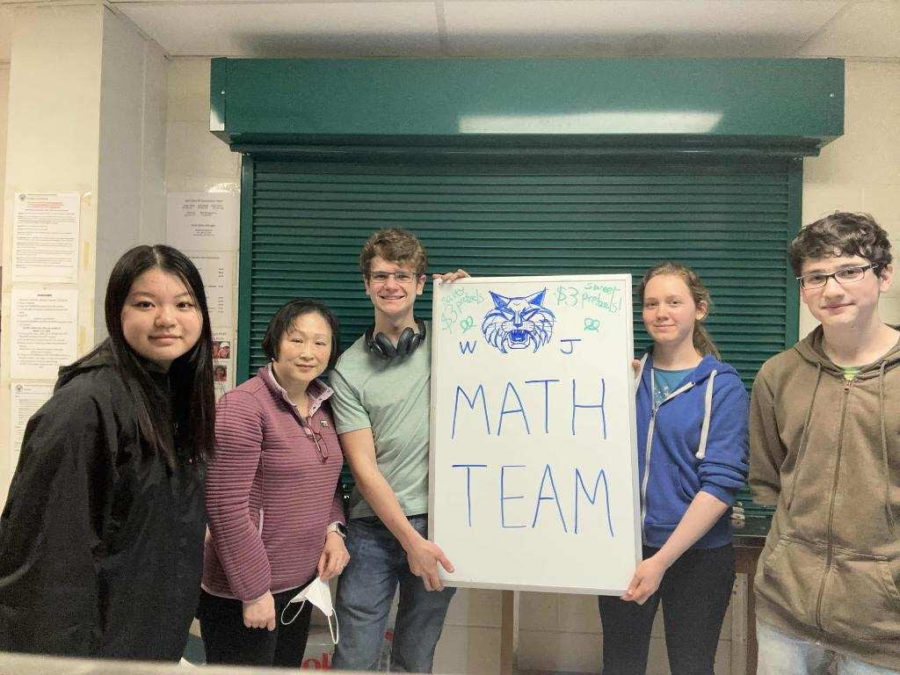
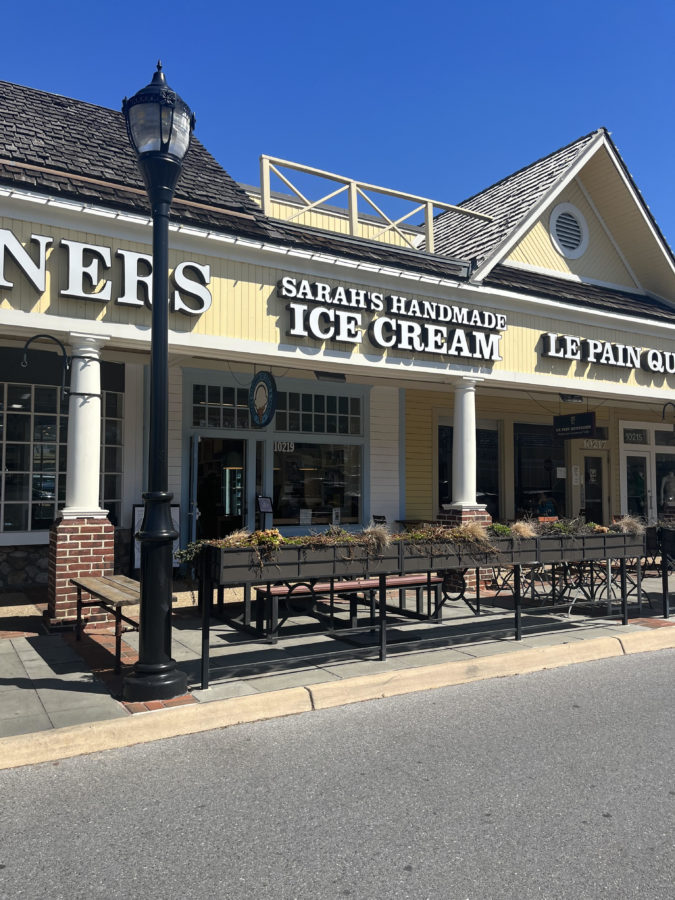
![“[It was] kind of [beneficial], I dont think a lot of students are really comfortable with talking to adults most of the time.” Clifford Hubbard, 9.](https://www.wjpitch.com/wp-content/uploads/2023/03/iQXjwa3JmL5CPVioYA7jn8DAPLzBoB5nJ1aIweYa-675x900.jpg)
